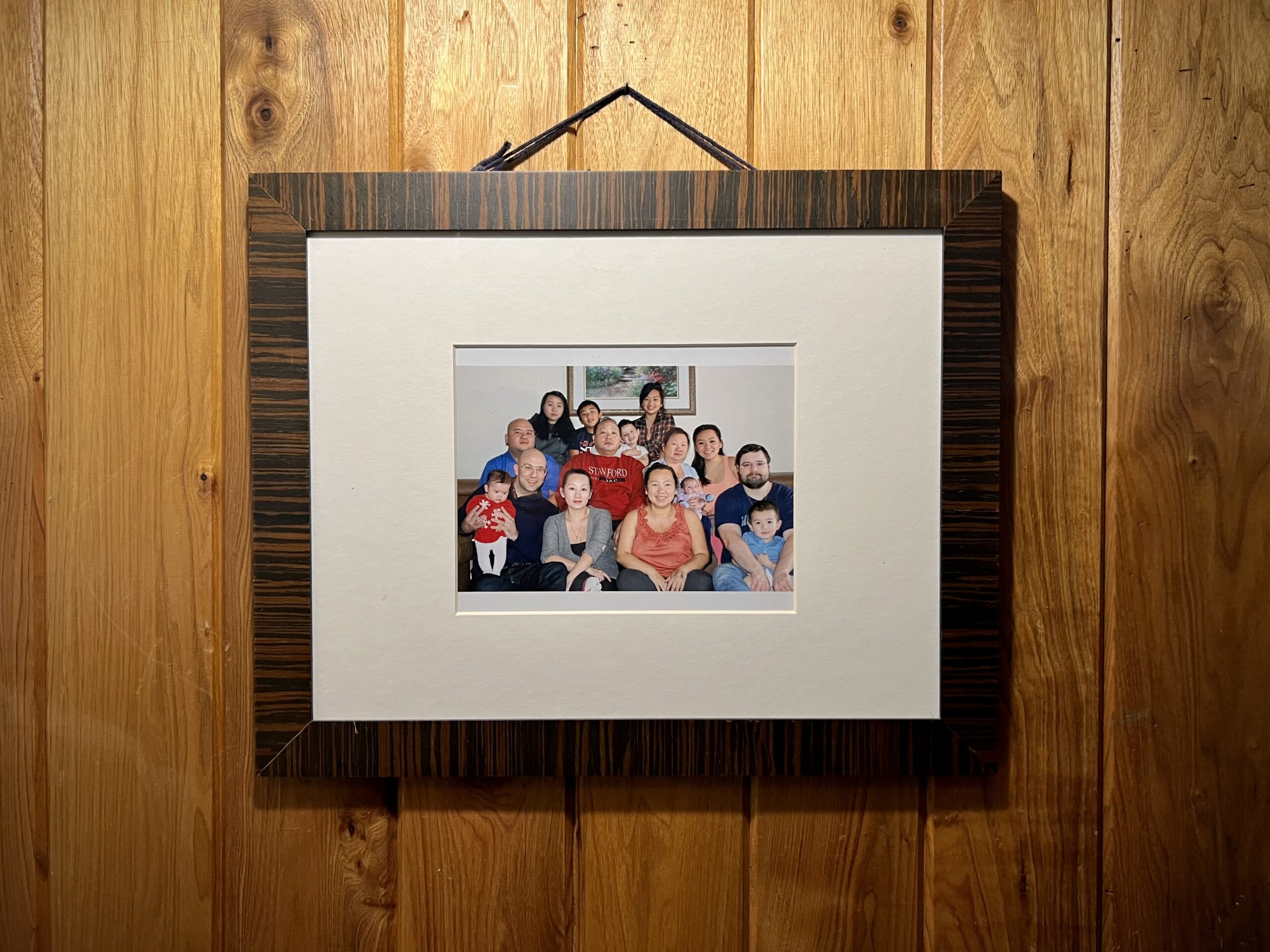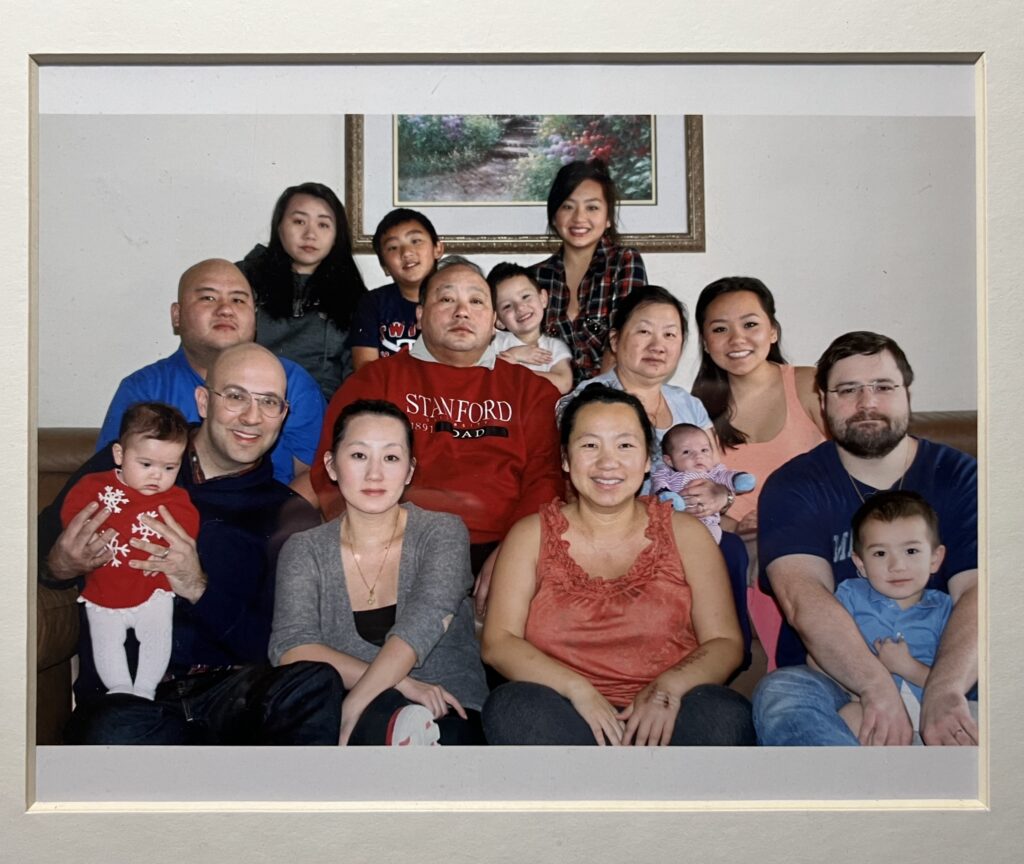In the Aftermath of Disappointment
Introducing a new series on mentorship and muses—what sustains a creative life, despite the frequent and deeply felt setbacks?

We are in a bustling coffee shop, sitting in the center of the room on a shared sofa. I’m watching her face. Her eyes are glassy, liquid shimmers in their blue depths. I know what she will say but I’m less afraid of the words than she is. The woman is kind and compassionate; she is sorry that she does not have better news for me. I tell her it is okay. I tell her all the good things happening in my life elsewhere. As I’m talking, I know I’m trying to make sense of it, another disappointment in a long line of them. We talk of other things. At the end, we hug each other, and I assure her that while one journey will close, the journey of our friendship is only just beginning. As I exit the shop, the cold wintry winds pull open my jacket.
I don’t cry until I’m on the phone in the car driving home. When I hear my husband’s voice, tears soak into my own. I cry hardest in the driveway when the car is stopped, and I’m texting my siblings, giving them the update. The words themselves are just letters on a screen but the liquid that falls onto that screen, when one by one they write back “Kuv hlub koj,” comes from deep inside of me.
Later, when I am more composed, I will call my mother and she will tell me that it is okay. My mother and father are not disappointed in me. I know this fact. It is only that I had wanted to give them cause to celebrate, to find in this world we live in, this career I’ve embarked on at the age of 22, a reason to believe that finally some institution will see that I am not only a good writer but well-equipped to teach others. My older sister, when I call her, will cry with me, and she will assure me, as she has across the spaces of our lives, “You’ve given it your heart and there is no cause for sadness here.”
My heart. This raging heart inside of me. Small because I was born this way. Large because it cannot be measured by size alone. It hammers inside of me.
That night, I go to bed with a thousand thoughts throbbing from temple to temple.
In the morning, I wake up and my lids are thick with the tears I’ve shed from yesterday. I wake up into a gray dawn. On the edges of the bathroom window, I see the beads of sweat from the cold outside and the heat inside colliding. On the edge of the horizon, I don’t see the swath of pink that means a sun will rise, and yet I know the sun is rising, that it hides behind the thick clouds in the sky.
I’m thankful that the headache of last night has diminished its hold over me. I take stock of the beautiful people in my life, and I feel grateful. Haven’t I been so blessed already in so many wonderful ways?
I once read that in America, it is harder to survive as an artist than it is to become a professional athlete. I’m no Lebron James or Sunisa Lee. And yet here I am on the eve of 42, having made it so far as a writer, a writer not of the scholarly variety, but one of the literary type. I’ve written nine books, four for adults and five for children. I’ve written a libretto. Six months before its premiere, tickets are already sold out. I’ve gotten awards. I’ve been a finalist for some of the biggest literary awards in the land. I’ve taken huge stages, been paid tens of thousands of dollars to speak to the issues of our times, the strength of our stories. I’ve taught across institutions, always a visitor of some variety.
I have never had the fortune of being the holder of my own destiny as a writer. At the same time, I’ve never been willing to concede to the forces that have propelled women like me, refugee women, first generation Americans from impoverished backgrounds, women of color, to fall and not rise again. And so I have struggled, every step of the way. I’ve applied for opportunities that were not designed for individuals like me. I’ve traveled to places that have clearly been constructed to keep me out—sometimes beneath the wings of gentler spirits, other times because I’ve been invisible. I go places believing that the fates are fickle that my very legacy itself is of the impossible.
When the Central Intelligence Agency of the United States of America came secretly to the high mountains of Laos against international decree, when they commissioned 32,000 Hmong men and boys to fight and to die on America’s behalf, they never imagined a writer like me emerging—of all places—from the American heartland. We were supposed to have all died in that horrid war and the genocide of its aftermath. What one powerful nation thought would happen did not. In the case of the Hmong, a small people without a country, some of us eventually found our way out of Laos and into Thailand, from there—all over the world.
Ever since I was six years old, my world has been here in America. Here is where I learned how to read and write. While Hmong is the first language on my lips and in my heart, English was my first language on the page, the foundations on which I would rise as a writer. Without knowing a clear pathway into the possibility, I have become one on a road fraught with rejections. I’ve stumbled many times. I’ve fallen in holes I didn’t know to look for, on roads without lights to help guide my unwary feet.
Each time I’ve fallen, it has been the voices of loved ones—my husband, my mother, father, brothers, and sisters—showering me with love. Love is not an opportunity. It is a river that flows no matter the season, no matter the conditions of a world internal or external. Contrary to popular belief, in my experience of love, it is not a map; it cannot guide us on the journeys we need to go on as individuals. None of them are in the writing industry. None of them have places within institutions. Each of them, always, each time, only offers to me what they have to give: love untampered by the outcomes of opportunities given or denied. For this I am eternally thankful.
I’m in the bathroom. I am watching her face. Her eyes are glassy, liquid shimmers in their brown depths. I know what she will say but I am less afraid of the words than she is. The woman is kind and compassionate; she is sorry that she does not have better news for me. I tell her it is okay. I tell her all the good things happening in my life elsewhere. As I’m talking, I know I’m trying to make sense of it, another disappointment in a long line of them. We talk of other things. At the end, we hug each other, and I assure her that while one journey will close, the journey of our friendship is only just beginning, Kao Kalia Yang. Outside the bathroom, I hear the laughter of my children, my husband’s stern voice telling them, “Slow down and eat.”
Our muses and mentors are in the world, the worlds we carry deep inside. In the places of our hearts, where the soil is moist and in the valleys of our souls where the rivers run deep, a glorious sun shines for us, only us, helping us up—even when the clouds are thick and the wind is cold, when we know that the roads we are on are uneven and unjust.

As we enter into a new year, I am so honored that I get to invite these stories into the world from women whose hearts have had to work so very hard to keep beating, to build the rhythms of our existence, to break into the world with our words. >> read more